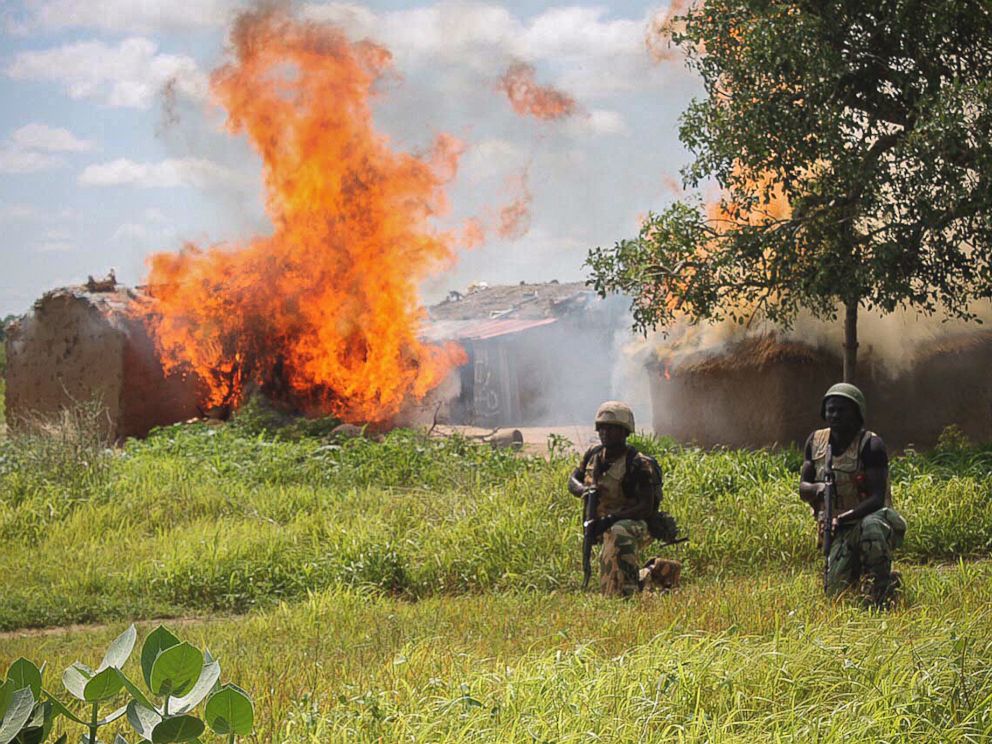By Brittani Howell
Impunity Watch Reporter, The Middle East
JERUSALEM, Israel – The Israeli military air-strikes targeted a Hamas weapons facility on Sunday. A pregnant woman and her toddler, residing in a home nearby were killed.
Since the summer of 2014, the woman and her child are the first Palestinian civilian casualties of an Israeli airstrike.
Israel’s airstrike was in response to a rocket fired from the Gaza Strip territory. On Friday, a rocket from Gaza was also fired, which landed in a field resulting in no causalities.
Israeli military spokesman, Lieutenant Colonel Peter Lener, stated, “The IDF holds Hamas responsible for any act of aggression from the Gaza Strip.” Hamas has not claimed responsibility for the two rockets.
Also on Sunday, a women allegedly detonated an explosive in her car, on a West Bank road, headed towards Jerusalem. According to a police officer the women shouted, “Allahu Akbar”, God is great, just prior to the explosion.
The officer was slightly hurts, as a result of the explosion. The woman sustained burns to 40% of her body. According to Shin Bet, Israel’s security agency, the woman was not linked to any militant group.
Shin Bet, also reported that the explosion was caused by a single gas canister that was ignited with flammable materials. The agency stated, “We are not taking about an explosive device.”
According to Palestine’s security, the explosion was caused by “a malfunction in her car, and there was no bombing.” Palestine’s news agency reported that an anonymous witness stated that there was an electric issue which caused a small fire inside the car.
Three Israeli’s were stabbed near Hadera, on Sunday. A thirteen-year-old boy was killed by Israeli forces in a clash in West Bank. Tensions have risen over the past week resulting in the deaths of 23 Palestinians and 4 Israelis in the past 12 days.
Part of the increase in tension is in part due to Palestine’s dear that Israel is trying to change the status quo of arrangements made concerning the al-Aqsa mosque, Islam’s third holiest site, also known as the Temple Mount by Jews.
Jewish groups have increased their trips to the compound over the past year and many Muslims see this as a loss of control over the area. Another point of contention is a failure between Palestine and Israel to reach peace talks, as Israeli’s are continuing to build settlements in West Bank.
For more information, please see:
BBC News – Palestinians Killed in Israel Gaza Airstrikes – 11 October 2015
Reuters – Israeli Airstrike Kills Two in Gaza; Israeli Police Say Stop Suspected Car Bomb – 11 October 2015
The New York Times – Israeli Retaliatory Strike in Gaza Kills Woman and Child, Palestinian Officials Say – 11 October 2015
The Wall Street Journal – Israeli Airstrikes into Gaza Strip Kill Palestinian Woman and Daughter – 11 October 2015


